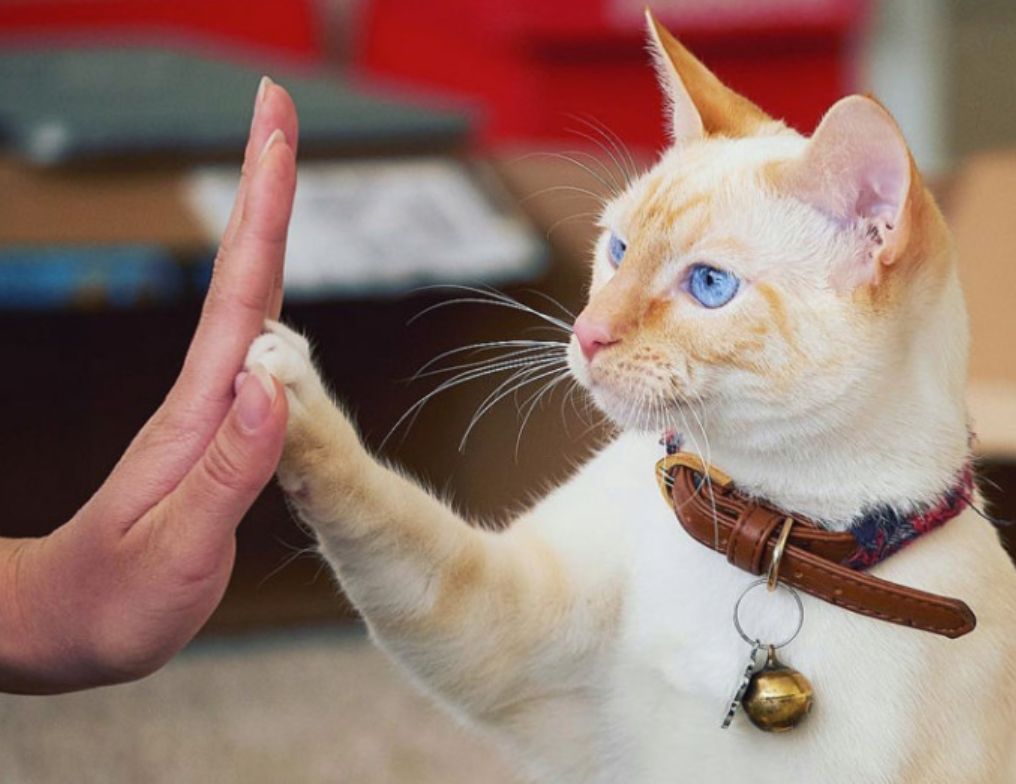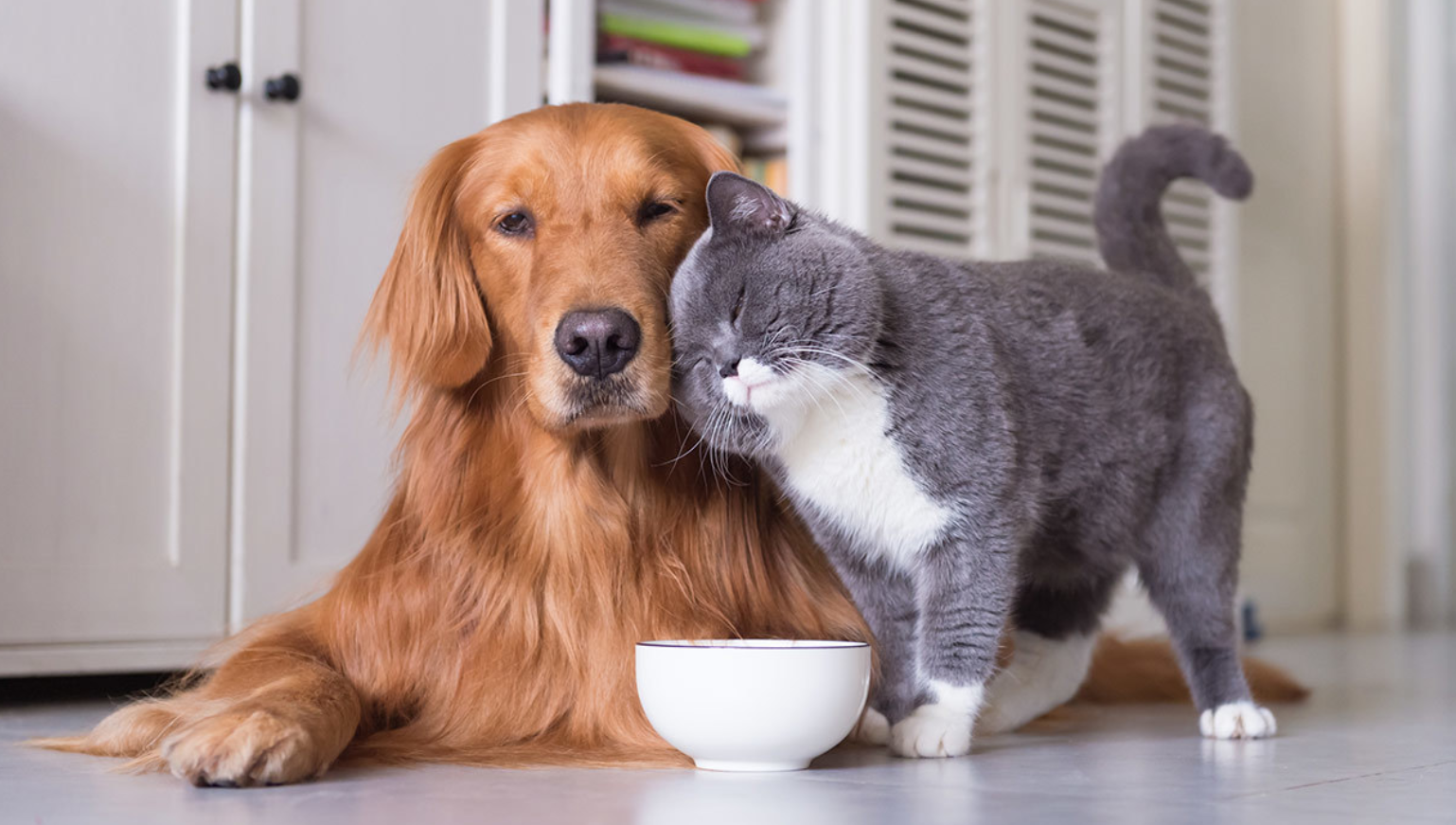Why Do Some People Hate Dogs?

Dogs are often celebrated as “man’s best friend,” yet not everyone feels this way. For some individuals, the sight or sound of a dog brings discomfort, fear, or even outright hostility. The reasons behind this aversion are multifaceted, stemming from cultural, psychological, personal, and even biological factors. Understanding these perspectives can help bridge the gap between dog lovers and those who struggle to appreciate canine companionship.
1. Fear and Traumatic Experiences
One of the most common reasons for disliking dogs is a history of negative encounters. A dog bite, an aggressive chase, or even witnessing someone else’s frightening experience with a dog can leave a lasting impression. This fear, known as cynophobia, is more than a mere dislike—it’s a deep-seated phobia that can significantly affect a person’s life. For these individuals, the sight of a dog can trigger anxiety, leading to a strong aversion.
2. Cultural and Religious Factors

In some cultures and religions, dogs are seen in a less favorable light. For instance, certain interpretations of Islamic teachings regard dogs, particularly their saliva, as impure. Similarly, in some regions of Asia or Africa, dogs might be viewed as dangerous or dirty because of their traditional roles as guard animals or scavengers. Cultural context plays a significant role in shaping attitudes toward dogs, often ingraining avoidance or dislike from a young age.
3. Practical Concerns
For some people, it’s not an emotional reaction but practical concerns that drive their dislike of dogs. Barking, shedding, or bad behavior such as jumping or chewing can be sources of frustration. Allergies to dog fur or dander are also a legitimate concern, making dog ownership or even proximity to dogs uncomfortable or unhealthy. Additionally, some individuals see dogs as disruptive in public spaces, especially when owners neglect to leash, clean up after, or control their pets.
4. Personality and Preference

Not everyone is naturally inclined toward animals, and that’s okay. Some people simply don’t find joy or connection in interacting with animals, just as others might not enjoy cats or birds. Introverted individuals may dislike dogs due to their energetic or overly affectionate nature. For those who value quiet and order, a lively dog’s exuberance might feel intrusive rather than endearing.
5. Negative Media and Stereotypes
Certain breeds of dogs, such as pit bulls or Rottweilers, are often portrayed negatively in media, leading to fear or prejudice against them. Stories of attacks or aggressive behavior may generalize individual cases to all dogs. People who lack firsthand experience with well-trained or gentle dogs might form opinions based solely on these negative portrayals.
6. Lack of Exposure

For individuals who grew up in environments where dogs weren’t present, discomfort might arise simply from unfamiliarity. They might not understand how to read a dog’s body language or how to interact with one safely, leading to apprehension or mistrust.
Bridging the Gap
Understanding why some people dislike dogs is important for fostering empathy. Dog lovers should respect the boundaries of those who feel uncomfortable around pets, whether due to fear, cultural beliefs, or personal preference. At the same time, open and respectful discussions about dogs’ positive qualities—loyalty, companionship, and their role as service animals—can help dispel some misconceptions.
For those who dislike or fear dogs, gradual exposure in a controlled and safe manner might help ease anxieties. Education about canine behavior, responsible pet ownership, and respect for personal boundaries can foster a more harmonious coexistence between dog enthusiasts and skeptics.
Ultimately, while dogs bring joy to millions, it’s essential to recognize that not everyone feels the same way. Understanding and empathy on both sides pave the way for mutual respect in a world shared by people and their furry friends.
7.Religious and Cultural Beliefs

Cultural and religious traditions shape attitudes toward animals, and dogs are no exception. In Islamic culture, some believe that dogs are ritually impure, a perception rooted in classical teachings. While dogs can be cherished companions in many Muslim households, this notion can create discomfort around them in social settings.
In Hinduism, while dogs are associated with certain deities and can be seen as spiritual symbols, they are also considered carriers of bad luck by some communities. Similarly, rural areas in several cultures may associate dogs with pests due to their roles as scavengers.
These cultural views, passed down through generations, may lead individuals to see dogs as undesirable.
8 Allergies and Sensitivities
Physical discomfort caused by dogs is another factor. Dog allergies are common, with symptoms such as sneezing, itchy skin, watery eyes, or asthma exacerbations triggered by exposure to dog dander or fur. For allergy sufferers, this biological reaction can easily translate into aversion, as the presence of a dog brings immediate discomfort or health risks.
9. Behavioral Issues and Owner Negligence
Sometimes, it’s not the dogs themselves but their behavior—and by extension, the responsibility of their owners—that fuels dislike. A poorly trained dog that barks incessantly, jumps on people, or behaves aggressively in public can be unnerving. Owners who don’t leash their dogs, fail to pick up after them, or allow their pets to invade personal space further compound the issue.
Even well-behaved dogs may intimidate people unaccustomed to their exuberance. The larger the dog, the more threatening it might appear, especially to those unfamiliar with canine body language.



